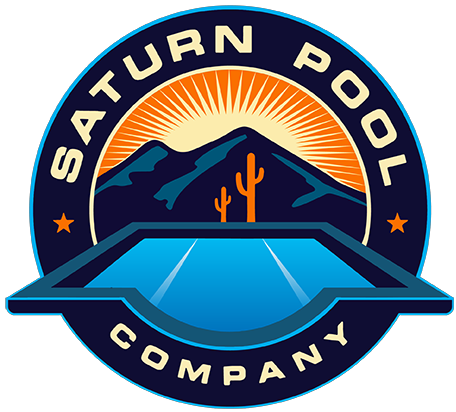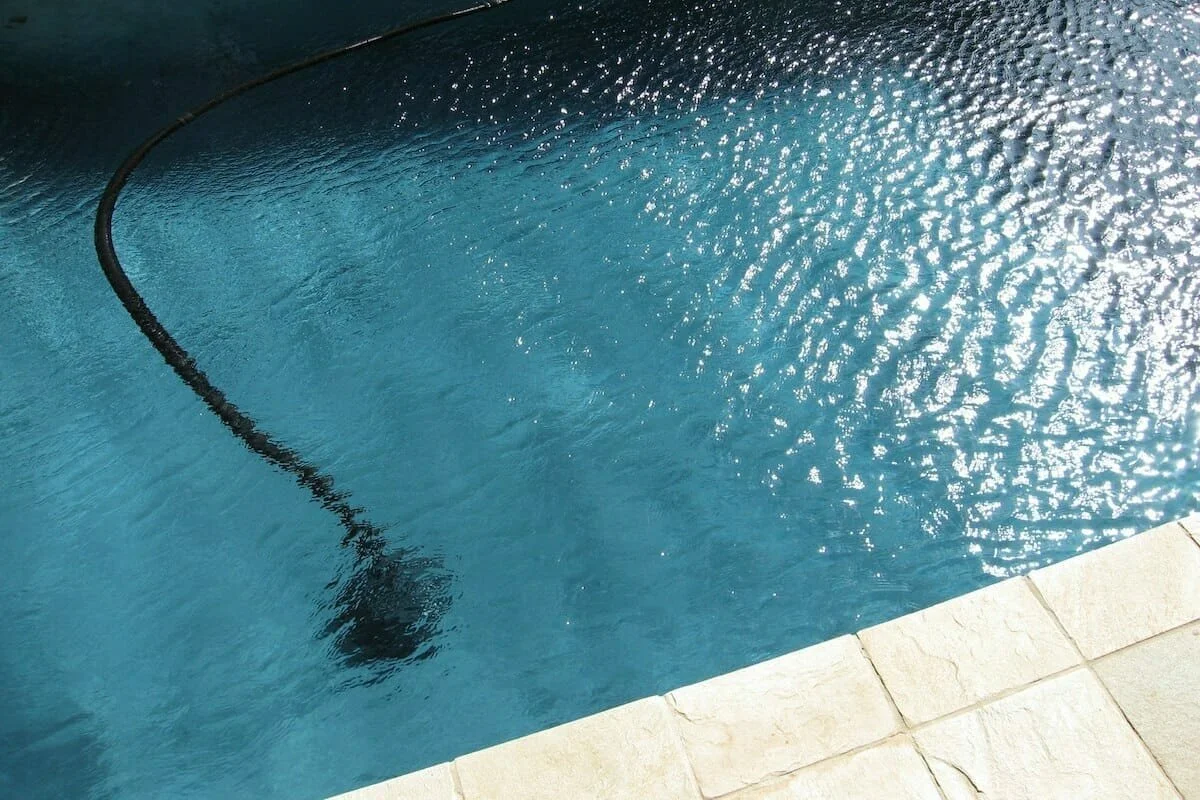Choosing the Right Automatic Pool Cleaner for You
Pools get dirty. As a pool owner, this is something you know and something you have to deal with. Thankfully, a number of helpful tools exist that can assist you on this front. One of the best ways to keep your pool’s cleanliness in check is by using an automatic pool cleaner. If you don’t have one, you’ll find it’s worth the investment, but even if you do, it’s important to do your research and make sure the cleaner you have is the best fit for your pool. Today, we’ll discuss the main three types of pool cleaners: robotic, pressure, and suction.
Robotic Cleaners
The first on the list, robotic cleaners, really do it all. Once you purchase the unit, all you have to do is plug and play. These cleaners stand alone and don’t need to be connected to your pool’s existing filtration system in order to work. Because of this, they use up to 94% less energy than most pressure cleaners while still managing to clean virtually any size debris. The biggest downsides to a robotic cleaner at the upfront cost and needing to empty the filter from time to time, but other than that, they are a good solution for any shape or size pool.
Pressure Cleaners
Another option that can handle heavy cleaning is a pressure cleaner. Pressure cleaners use an extra booster pump to move around your pool and collect debris in a self-contained bag. You can even schedule your cleanings using a timer in conjunction with the booster pump. If your pool has a fair amount of medium to large size debris, this may be the cleaner for you. Smaller debris will continue to be taken care of my your existing filtration system.
Within this category, you will also find in-floor cleaning systems. These systems utilize pop-up nozzles that wash debris away and filter it through a drain and skimmer with large capacity debris canisters that keep the stress off your pump.
Suction Cleaners
Some of the most common cleaners you will encounter are suction cleaners. These cleaners use only the water flow from your existing filtration system to power the pump, and any debris that is picked up by the cleaner will be sent through your leaf canister, skimmer basket, or pool filter. Of course, this means your pump will have to run in order for your cleaner to work, and that will add some amount of extra stress on your pool pump. However, this makes a suction cleaner really easy to install and able to move around the pool very quickly.
Between these three options, you should be able to find a good cleaning solution for almost any pool. If you have any questions, feel free to reach out to us. And if you need to purchase a cleaner for your pool or replace an existing cleaner, we can help with that too.

